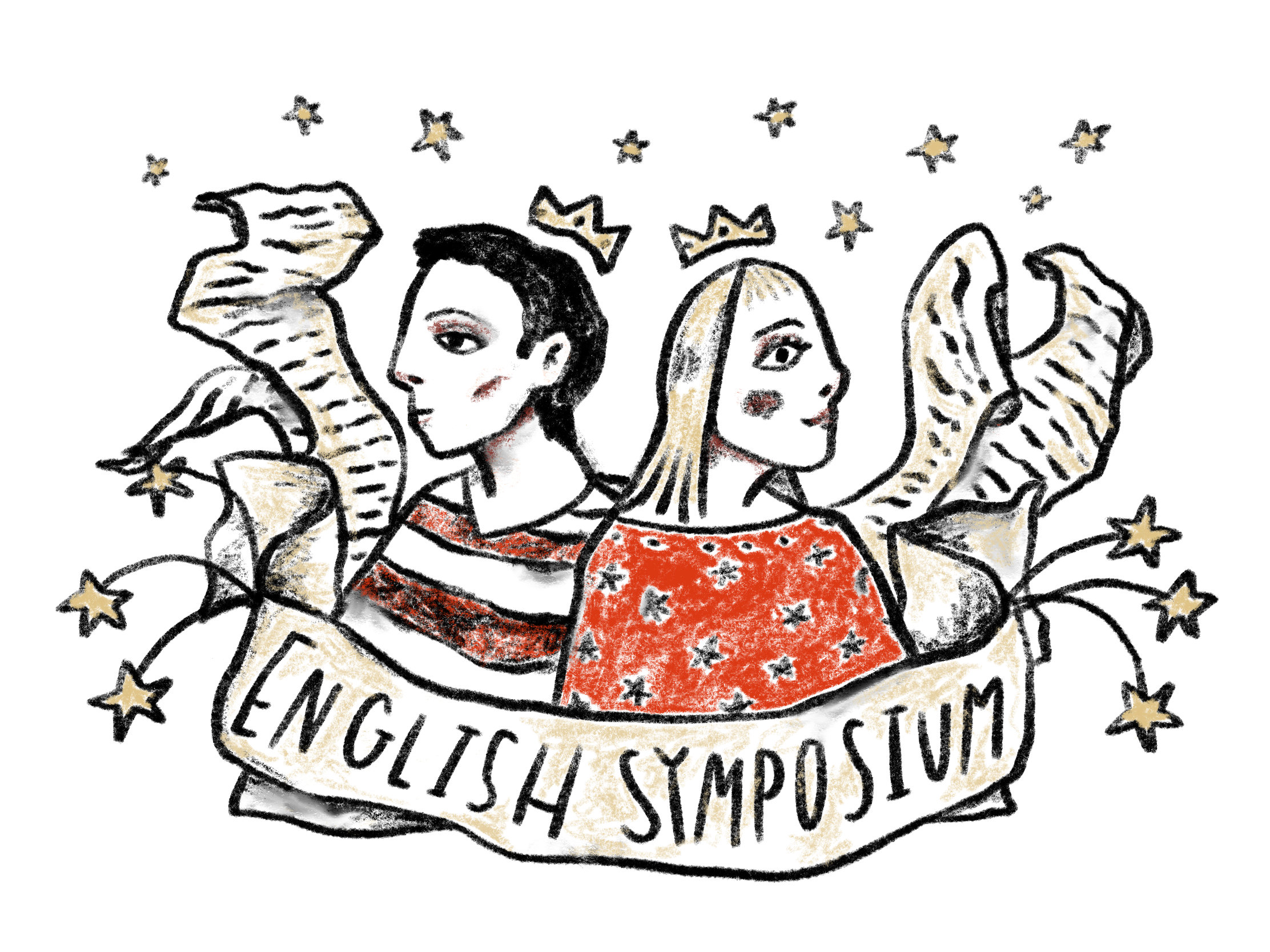Content Category
Literary Criticism
Abstract/Description
This paper examines Zitkala-Ša’s employment of her dual identity as a method of mediation between white and Native culture in her political speeches and activism.
Zitkala-Ša spent the majority of her life spent between two cultures: she grew up in a Dakota Sioux reservation, but chose to spend her adolescence in a white boardings school; she advocated for Native rights, but did so in the oppressor’s tongue. Even her name comes in two different forms: her assigned, Anglo-Saxon name ‘Gertrude Bonnin’ and her hand-picked, Dakota name ‘Zitkala-Ša.’ While Native literature critics such as Ron Carpenter and Martha Cutter have examined the way Zitkala-Ša toys with her autobiographical self representation, focusing on her allocation to each culture, few scholars have examined her complicated identity within her speeches and political activism. This paper explores Zitkala-Ša’s self representation in her political speeches through the lens of “mediation,” a term offered by James Ruppert to explain modern Native American writers’ ability to use the structures of both anglo and Native cultures to illuminate each other. Using this unique ability, Zitkala-Ša petitions for Native rights in a way that the dominant culture can understand and appreciate, discrediting the ideal of a current, free American and arguing for an equal place for Native Americans within future American society. This understanding of mediation reframes the conversation surrounding Zitkala-Ša’s biculturalism, arguing for a more negotiatory approach to understanding Zitkala-Ša’s self presentation and goals in her political writings.
Copyright and Licensing of My Content

This work is licensed under a Creative Commons Attribution-Noncommercial-No Derivative Works 4.0 License.
Origin of Submission
as part of a class
Faculty Involvement
Professor Michael Taylor
Mediation and Progress within Zitkala-Ša’s “Side by Side”
This paper examines Zitkala-Ša’s employment of her dual identity as a method of mediation between white and Native culture in her political speeches and activism.
Zitkala-Ša spent the majority of her life spent between two cultures: she grew up in a Dakota Sioux reservation, but chose to spend her adolescence in a white boardings school; she advocated for Native rights, but did so in the oppressor’s tongue. Even her name comes in two different forms: her assigned, Anglo-Saxon name ‘Gertrude Bonnin’ and her hand-picked, Dakota name ‘Zitkala-Ša.’ While Native literature critics such as Ron Carpenter and Martha Cutter have examined the way Zitkala-Ša toys with her autobiographical self representation, focusing on her allocation to each culture, few scholars have examined her complicated identity within her speeches and political activism. This paper explores Zitkala-Ša’s self representation in her political speeches through the lens of “mediation,” a term offered by James Ruppert to explain modern Native American writers’ ability to use the structures of both anglo and Native cultures to illuminate each other. Using this unique ability, Zitkala-Ša petitions for Native rights in a way that the dominant culture can understand and appreciate, discrediting the ideal of a current, free American and arguing for an equal place for Native Americans within future American society. This understanding of mediation reframes the conversation surrounding Zitkala-Ša’s biculturalism, arguing for a more negotiatory approach to understanding Zitkala-Ša’s self presentation and goals in her political writings.

